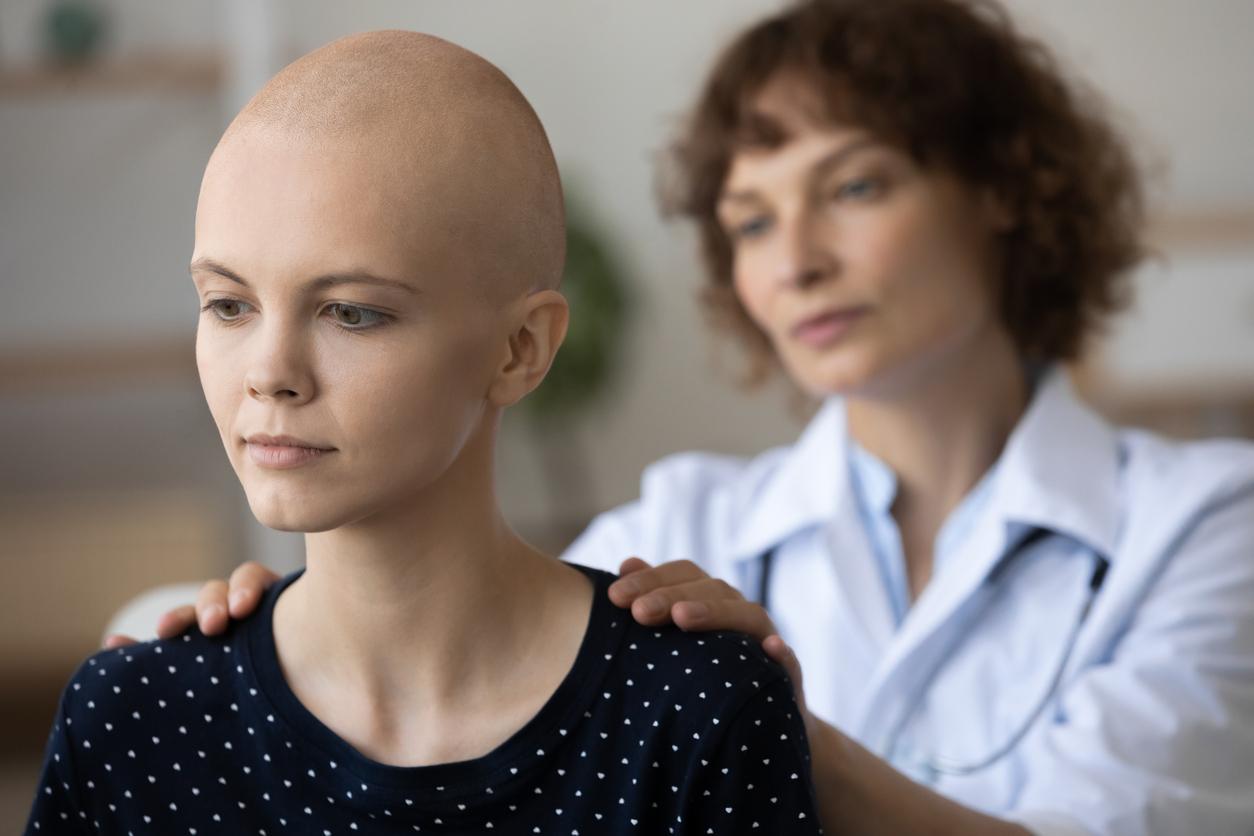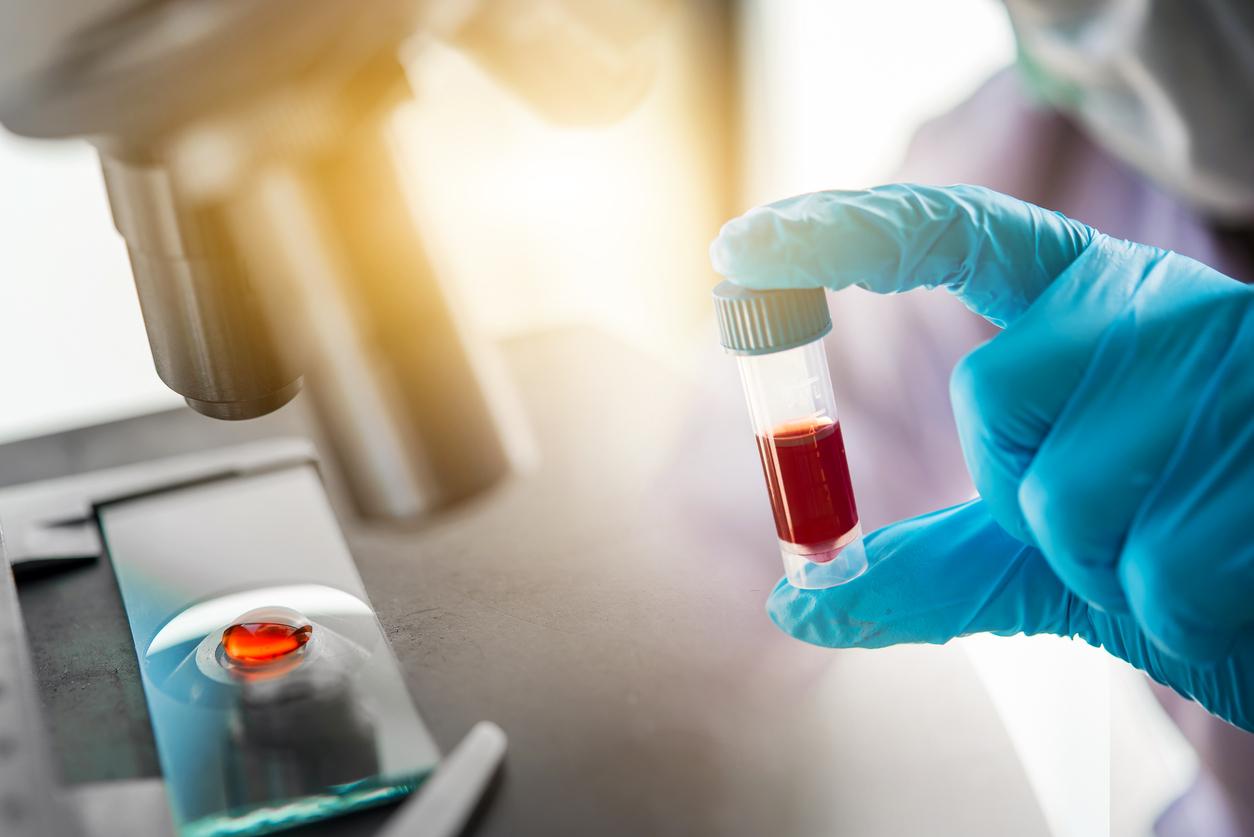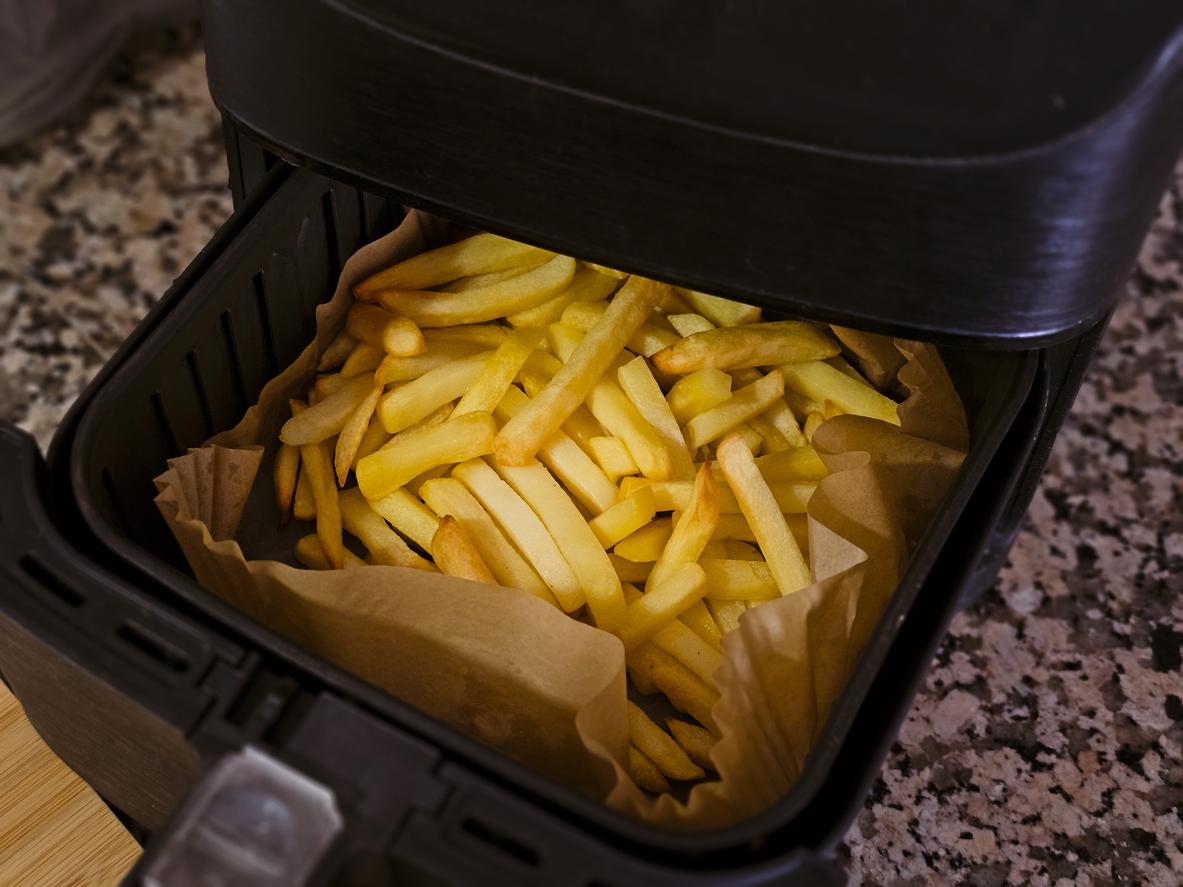As pink October is the month dedicated to breast cancer, blue march focuses on mobilization against colorectal cancer. It is the 3rd most frequent cancer in France and the 2nd most deadly. Yet if it is detected early, it can be cured in 9 out of 10 cases, but many people who should be screened do not. A few days before March, researchers believe they have found a solution to this problem: home screening tests.
“There are different ways to get tested. One of them is the colonoscopyand it is a very good choice for many people, explains the health specialist of CBS News, gastroenterologist Jon LaPook. But for people who don’t want it, know that there are alternatives. One is the FIT test, which looks for invisible blood in the stool. “
Less invasive and intimidating
The presence of blood in the stool, often in amounts too small to be detected with the naked eye, can indeed be an early symptom of colon polyps, growths in the lining of the colon or rectum, or finally colon cancer. Scientists have thus dissected 30 studies bringing together more than 120,000 participants and relating to annual tests carried out at home, called FIT (fecal immunochemical test). They involve collecting a small amount of feces with a cotton swab and sending it to a lab for analysis.
And their effectiveness has finally been demonstrated for screening for pathology in people at “medium” risk. These conclusions were published in Annals of Internal Medicine this Tuesday February 26. Dr. Jon LaPook hopes that access to testing, which is less invasive and intimidating, will increase screening rates. “Our motto is that the best test is the test that is performed, regardless of the method”, sums up to CBS News Patrice Brown of the American Alliance Against Colorectal Cancer.
It should be remembered that the people concerned by organized screening are men and women aged 50 to 74 who are at “medium” risk of colorectal cancer, that is to say without any apparent symptoms or family or personal history of cancer of the breast. colon. Because almost 95% of cases occur after the age of 50.
Read also :
- Garlic and onions for colon cancer
- Pampering the microbiota to treat colon cancer


















